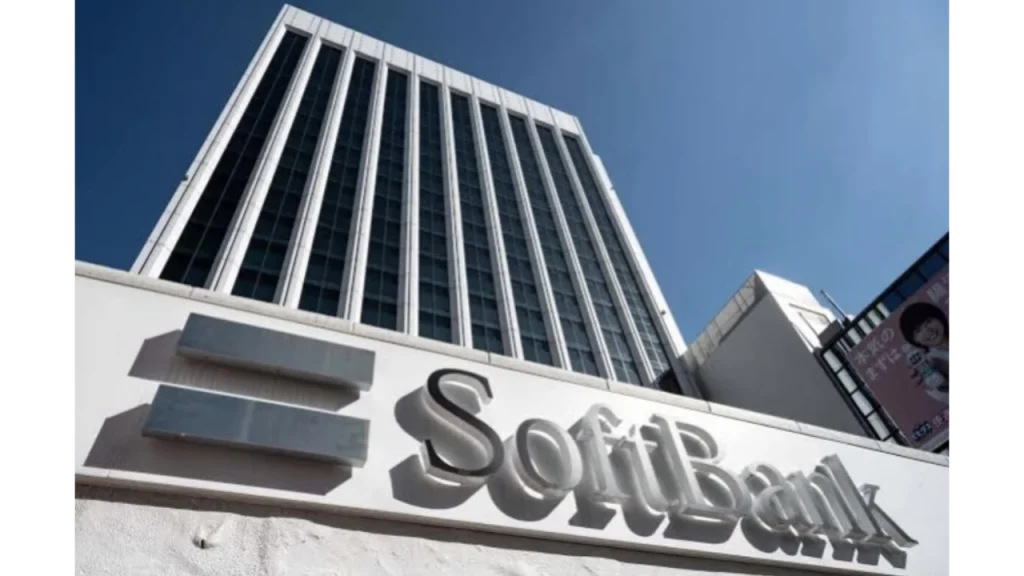- SoftBank’s Transformer-based AI improves uplink throughput by 30 % and reduces latency to under 0.34 ms in live 5G deployment.
- Simulated tests demonstrate the downlink throughput improves 31 % for moving terminals which paves the way for smarter, faster 5G-Advanced and 6G-ready networks.
What happened: SoftBank unveils a Transformer-based AI model for 5G RAN in Japan
SoftBank Corp., based in Tokyo, Japan, developed a new AI architecture for 5G radio access networks. It uses a high-performance Transformer model for uplink channel interpolation. A live 3GPP 5G wireless test showed an uplink throughput increase of about 30 % compared with non-AI methods. That comes from an 8 % gain over SoftBank’s own prior CNN model plus the baseline boost.
They ran the model on GPUs in a live over-the-air environment. The Transformer delivered real-time operation with ultra-low latency: 338 microseconds on average. That is roughly 0.338 ms and about 26 % faster than the CNN version.
SoftBank also ran simulated tests of downlink using Sounding Reference Signal (SRS) prediction. The Transformer model lifted throughput by up to 29 % for terminals moving at 80 km/h and up to 31 % at 40 km/h—more than twice the improvement achieved by the prior MLP model.
Also read: SoftBank acquires Ampere for $6.5B
Also read: SoftBank showcases AI RAN innovations at MWC
Why it’s important
SoftBank’s new design meets the tough real-time processing target of under one millisecond. It is lightweight yet high-performance. It uses self-attention to capture broad temporal and frequency correlations in wireless signals. It avoids normalising inputs to preserve key physical signal data. That helps keep its performance high.
It is versatile too. With small tweaks to the output layer it can support tasks like channel estimation, SRS prediction and signal demodulation. That means lower development time and cost.
Running AI-RAN on GPUs lets operators upgrade network performance with software updates even after hardware is deployed. That cuts capital cost and lets carriers easily adopt new, better AI models later.
SoftBank plans to speed up commercialisation of this technology. This could help build smarter, faster 5G-Advanced networks and lay groundwork for 6G systems.

